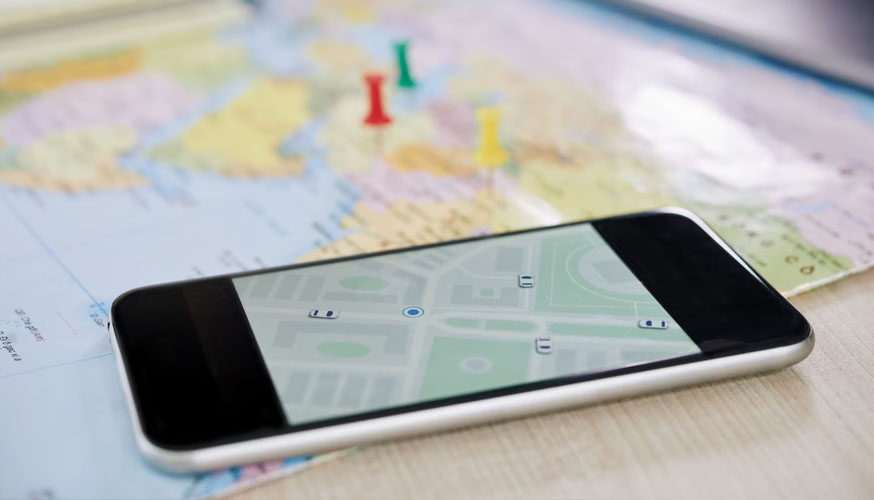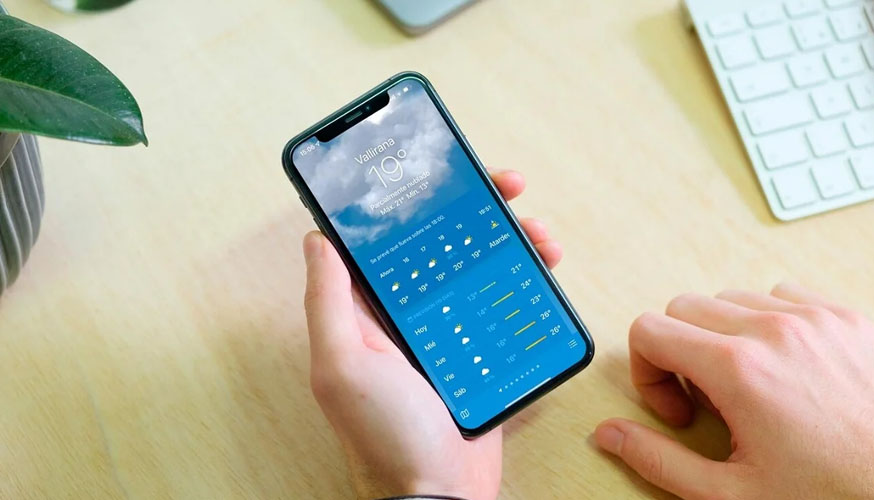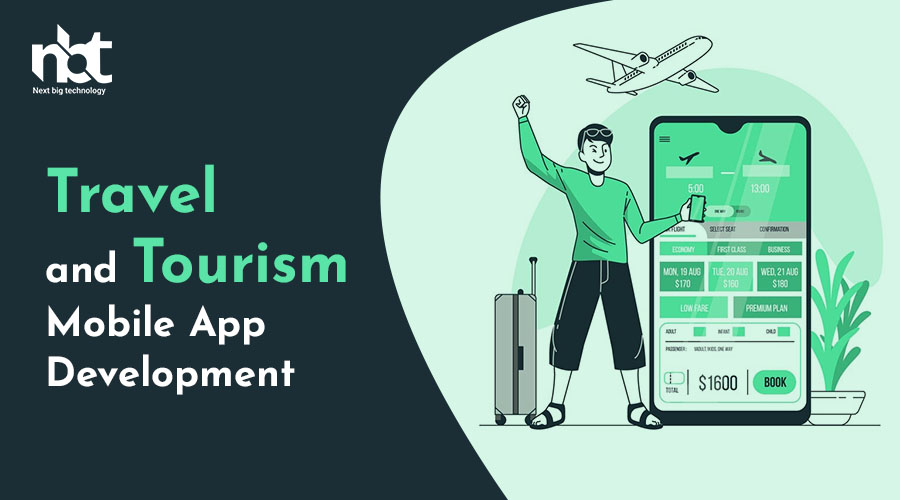In today’s fast-paced world, the travel and tourism industry has witnessed a significant shift towards digitization. With the advent of smartphones and mobile apps, planning and experiencing a vacation has become more accessible and enjoyable than ever before. Travel and tourism mobile app development has emerged as a game-changer in this industry, offering travelers a seamless and personalized experience. In this article, we will delve into the world of travel and tourism mobile app development, exploring its significance, features, challenges, and future prospects.
Table of Contents
Introduction to Travel and Tourism Apps
Travel and tourism mobile apps have revolutionized the way people plan and experience their vacations. These apps serve as virtual travel companions, offering a wide range of features and functionalities that enhance the overall travel experience.
Understanding the Need for Mobile Apps in Travel
The modern traveler seeks convenience, information, and personalization when planning a trip. Mobile apps provide all of these and more. They allow users to research destinations, book flights and accommodations, explore local attractions, and even create detailed itineraries, all from the palm of their hand.
Benefits of Travel Apps for Users
- Convenience: Users can plan their trips anytime, anywhere.
- Real-time Information: Access to live updates on flights, weather, and local events.
- Personalization: Tailored recommendations based on user preferences.
- Cost Savings: Exclusive discounts and offers on bookings.
Key Features of Travel and Tourism Mobile Apps
To deliver an exceptional user experience, travel and tourism mobile apps incorporate several essential features:
GPS and Location Services

These apps leverage GPS technology to provide users with real-time location information, helping them navigate unfamiliar destinations effortlessly.
Booking and Reservations
Users can book flights, hotels, car rentals, and activities directly through the app, making the booking process seamless and convenient.
User Reviews and Ratings
Travelers can read and contribute reviews and ratings, allowing others to make informed decisions about their travel choices.
Interactive Maps and Navigation
Maps integrated into the app offer step-by-step directions, nearby attractions, and even offline map downloads for areas with limited connectivity.
Language Translation
Language barriers are no longer a hindrance, as travel apps often feature translation tools to bridge communication gaps.
Itinerary Planning
Users can create detailed itineraries, including activities, restaurant reservations, and sightseeing plans, all in one place.
Real-time Weather Updates

Stay updated on weather conditions at your destination, ensuring a hassle-free travel experience.
Challenges in Travel App Development
While travel apps offer tremendous value, developing them comes with its own set of challenges:
Data Security and Privacy Concerns
Protecting sensitive user data, including payment information and personal details, is paramount.
Integration with Third-party Services
Seamless integration with airlines, hotels, and other service providers requires robust APIs and partnerships.
Ensuring Offline Functionality
Travelers often venture into areas with limited connectivity, so apps must offer offline features.
User Experience and Design
Intuitive and visually appealing design is crucial for user engagement and satisfaction.
Compatibility Across Devices and Operating Systems
Developers must ensure that the app works smoothly on various devices and operating systems to reach a broader audience.
Emerging Trends in Travel App Development
The travel app landscape is ever-evolving, with several exciting trends shaping its future:
Augmented Reality (AR) Integration
AR features offer immersive experiences, from virtual city tours to interactive museum exhibits.
Artificial Intelligence (AI) for Personalization

AI algorithms analyze user behavior to provide highly personalized travel recommendations.
Sustainable Tourism Features
Apps promote eco-friendly travel options, such as carbon footprint calculators and responsible tourism suggestions.
Contactless Payments and Check-ins
Touchless experiences are becoming the norm, with mobile apps facilitating contactless payments and check-ins.
Social Integration and Travel Communities
Apps connect like-minded travelers, fostering a sense of community and shared experiences.
The Future of Travel and Tourism Mobile Apps
As technology continues to advance, the future of travel apps holds exciting possibilities:
Predictive Analytics for Travel Planning
Apps will use data analytics to predict user preferences and suggest travel options proactively.
Hyper-personalization through AI
AI-driven personalization will reach new heights, offering travelers incredibly tailored experiences.
Blockchain for Secure Transactions
Blockchain technology will ensure secure and transparent transactions, from bookings to payments.
Virtual Reality (VR) Travel Experiences
VR will enable users to explore destinations virtually before making travel decisions.
Conclusion
Travel and tourism mobile app development has transformed the way we explore the world. With innovative features, enhanced personalization, and the integration of emerging technologies, these apps are set to continue shaping the future of travel. Whether you’re a seasoned globetrotter or a first-time traveler, these apps have something to offer everyone.
FAQs (Frequently Asked Questions)
Are travel apps safe to use for booking flights and accommodations?
-
- Travel apps prioritize data security and use encryption to protect your information. However, it’s essential to use trusted apps and follow basic cybersecurity practices.
How do AI-driven travel apps provide personalized recommendations?
-
- AI analyzes your past travel behavior, preferences, and online interactions to suggest destinations, accommodations, and activities that match your interests.
What is sustainable tourism, and how do travel apps promote it?
-
- Sustainable tourism focuses on minimizing the negative impact of travel on the environment and local communities. Travel apps promote it by suggesting eco-friendly options, such as public transportation or green accommodations.
Can I use travel apps in areas with limited internet connectivity?
-
- Many travel apps offer offline features, including maps and itinerary planning, to ensure functionality in areas with poor or no internet connection.
How can I join travel communities through mobile apps?
-
- Most travel apps have social features that allow users to connect with fellow travelers. You can join forums, share your experiences, and even plan trips together through these communities.
Thanks for reading our post “Travel and Tourism Mobile App Development”. Please connect with us to know more about Travel and Tourism Mobile App Development.

















